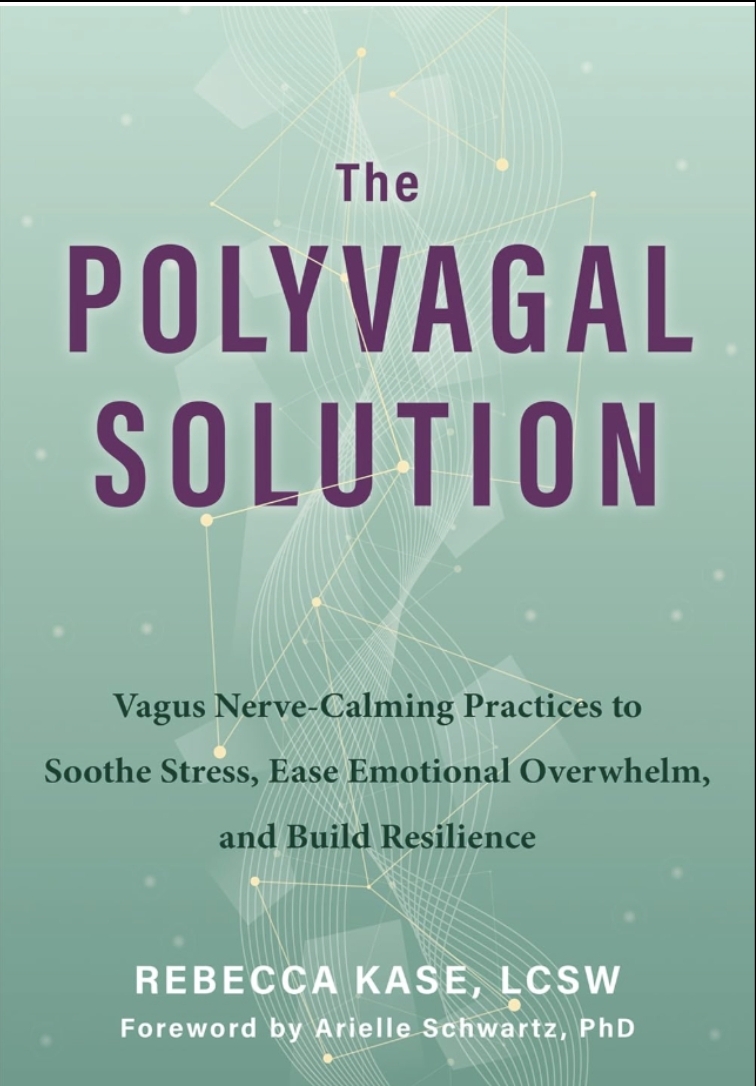Lifestyle
5 common used car buying mistakes to avoid

Used cars are more popular than ever and for many drivers it can be easy to see why! Brand new cars are still facing huge manufacturer delays and many drivers are opting for a second-hand car when they need a vehicle. Not only that but there are a huge choice and availability of used cars to take advantage of! If you’re buying your first car or haven’t had much experience with buying a second-hand car, these common used car mistakes can help you get the best deal possible.
Why should you get a second-hand car?
When you’re shopping for your next car, you may be debating whether to get a brand new or used car next. Here are the top reasons why used cars reign supreme for many drivers:
- Huge amount of choice and availability.
- You suffer less financial depreciation when buying used.
- Lower purchase price than brand new cars.
- Options to finance used cars with affordable monthly payments.
- Usually cheaper insurance rates are available for second-hand cars.
- Long new car warranties can be transferred with ownership which can benefit used car buyers.
- Some dealers can also offer servicing plans on used cars to help you budget better.
Used car buying mistakes to avoid:
1. Not doing your homework first.
Car buying is one of the biggest purchases you will make in your life so it’s important it’s a good choice for you. Before you jump into buying a used car, you should firstly check out the market price of cars you like. This can help you to shop for cars within your budget and get an idea of how much your car will cost. Knowing the market is also key when it comes to negotiating with car dealers on the price of the vehicle. If you’re already aware of a similar car at a rival dealer with a lower price, it can help you to get a better price when negotiating.
2. Solely focusing on the price.
It’s no secret that UK drivers love a bargain! However, when it comes to buying a used car, cheaper may not always be better. You should stick to an affordable budget which you are comfortable with and if you’re looking to get finance for a used car, you will need to be able to meet the monthly payments on time and in full until the end of the term. Purchasing a used car is one thing but don’t forget to also consider the cost of insuring and running a car. It can be worth checking insurance rates for a car within your budget before you sign on the dotted line as you could end up with a car that is very costly.
3. Only shopping for your car locally.
Whilst getting your car locally from a trusted dealer is a time saving and easy way to get a vehicle, it isn’t your only option. The emergence of online car buying is growing in popularity and the knock-on effect of Covid-19 meant more drivers were looking at contact free buying. It can be worth shopping for cars online or using an online car finance broker to help sort your finance first and then shop for a car from a reputable dealer. Casting your net further afield could get you a better deal and many cars also come with free delivery across the UK!
4. Not checking the history of a used car.
The main drawback of buying a used car is that you aren’t the first owner of the vehicle and are in the dark about its previous history. When you buy a car from a private seller, you are having to take the sellers word for it and have to take the car at face value. Buying from a dealer can be safe as they will have their own checks in place to verify the condition of the car. You can also do your own history checks on a used car by entering the details on the Gov.uk website to find out it’s MOT status and also get access to the MOT history report to see if there are any previous faults you should be aware of.
5. Feeling pressure to rush a decision.
The availability of used cars means buyers have an endless amount of choice and don’t need to be rushed into the first car they see. Don’t give into any pushy salesmen and feel the need to decide on the spot. If the car doesn’t fit your lifestyle, isn’t fit for purpose, you can’t afford it or you simply don’t want it, you have the right to cancel the sale at any point before you buy it. If you’ve bought a car with a fault, you are covered under the Consumer Rights Act 2015 to return the car and get a full refund within 30 days of purchase.
Lifestyle
The Missing Piece in Self-Help? Why This Book is Changing the Wellness Game

Self-help shelves are full of advice — some of it helpful, some of it recycled, and most of it focused on “mindset.” But Rebecca Kase, LCSW and founder of the Trauma Therapist Institute, is offering something different: a science-backed, body-first approach that explains why so many people feel struck, overwhelmed, or burned out — and what they can actually do about it.
A seasoned therapist and business leader, Kase has spent nearly two decades teaching others how to navigate life through the lens of the nervous system. Her newest book, “The Polyvagal Solution,” set to release in May 2025, aims to shake up the wellness space by shifting the focus away from willpower and onto biology. If success has felt out of reach — or if healing has always seemed like a vague concept — this book may be the missing link.
A new way to understand stress and healing
At the heart of Kase’s approach is polyvagal theory, a neuroscience-based framework that helps explain how our bodies respond to safety and threat. Developed by Dr. Stephen Porges, polyvagal theory has transformed the way many therapists understand trauma, but Kase is bringing this knowledge to a much wider audience.
“The body always tells the truth,” Kase says. “If you’re anxious, exhausted, or always in overdrive, your nervous system is asking for support, not more discipline.”
“The Polyvagal Solution” makes this complex theory digestible and actionable. Instead of promising quick fixes, Kase offers strategies for regulating the nervous system over time, including breathwork, movement, boundaries, and daily practices that better align with how the human body functions. It’s less about pushing through discomfort and more about learning to tune in to what the body needs.
From clinical expertise to business insight
What sets Kase apart isn’t just her deep understanding of trauma but how she blends that knowledge with real-world experience as a business owner and leader. As the founder of the Trauma Therapist Institute, she scaled her work into a thriving company, all while staying rooted in the values she teaches.
Kase has coached therapists, executives, and entrepreneurs who struggle with burnout, anxiety, or feeling disconnected from their work. Regardless of who she works with, though, her message remains consistent: the problem isn’t always mindset — it’s often regulation.
“Success that drains you isn’t success. It’s survival mode in disguise,” Kase explains. Her coaching programs go beyond traditional leadership training by teaching high achievers how to calm their nervous systems, enabling them to lead from a grounded place, not just grit.
Making the science personal
For all her clinical knowledge, Kase keeps things human. Her work doesn’t sound like a lecture but rather like a conversation with someone who gets it. That’s because she’s been through it herself: the long hours as a therapist, the emotional toll of supporting others, the realities of building a business while managing her own well-being.
That lived experience informs everything she does. Whether she’s speaking on stage, running a retreat, or sharing an anecdote on her podcast, Kase has a way of weaving humor and honesty into even the heaviest topics. Her ability to balance evidence-based practice with practical advice is part of what makes her voice so compelling.
Kase’s previous book, “Polyvagal-Informed EMDR,” earned respect from clinicians across the country. But “The Polyvagal Solution” reaches beyond the therapy community to anyone ready to understand how their body is shaping their behavior and how to create real, sustainable change.
Why this message matters
We’re in a moment where burnout is common and overwhelm feels normal. People are looking for answers, but many of the tools out there don’t address the deeper cause of those feelings.
That’s where Kase’s work lands differently. Instead of telling people to “think positive” or “try harder,” she teaches them how to regulate their own biology. And in doing so, she opens the door for deeper connection, better decision-making, and more energy for the things that matter.
As more workplaces begin to embrace trauma-informed leadership, more individuals are seeking solutions that go beyond talk therapy and motivational content. Kase meets that need with clarity, compassion, and a toolkit rooted in both science and humanity.
A grounded approach to lasting change
What makes “The Polyvagal Solution” stand out is its realism. It doesn’t ask readers to overhaul their lives but instead asks them to listen — to pay attention to how their bodies feel, how their stress patterns manifest, and how even small shifts in awareness can lead to significant results over time. Whether you’re a therapist, a team leader, or someone trying to feel more at ease in your own skin, this book offers a way forward that feels both grounded and achievable.
Rebecca Kase isn’t just adding another title to the self-help genre. She’s redefining it by reminding us that we don’t have to muscle our way through life. We just have to learn how to work with, not against, ourselves.
And maybe that’s the real game-changer we’ve been waiting for.
-

 Tech4 years ago
Tech4 years agoEffuel Reviews (2021) – Effuel ECO OBD2 Saves Fuel, and Reduce Gas Cost? Effuel Customer Reviews
-

 Tech6 years ago
Tech6 years agoBosch Power Tools India Launches ‘Cordless Matlab Bosch’ Campaign to Demonstrate the Power of Cordless
-

 Lifestyle6 years ago
Lifestyle6 years agoCatholic Cases App brings Church’s Moral Teachings to Androids and iPhones
-

 Lifestyle4 years ago
Lifestyle4 years agoEast Side Hype x Billionaire Boys Club. Hottest New Streetwear Releases in Utah.
-

 Tech7 years ago
Tech7 years agoCloud Buyers & Investors to Profit in the Future
-

 Lifestyle5 years ago
Lifestyle5 years agoThe Midas of Cosmetic Dermatology: Dr. Simon Ourian
-

 Health6 years ago
Health6 years agoCBDistillery Review: Is it a scam?
-

 Entertainment6 years ago
Entertainment6 years agoAvengers Endgame now Available on 123Movies for Download & Streaming for Free
